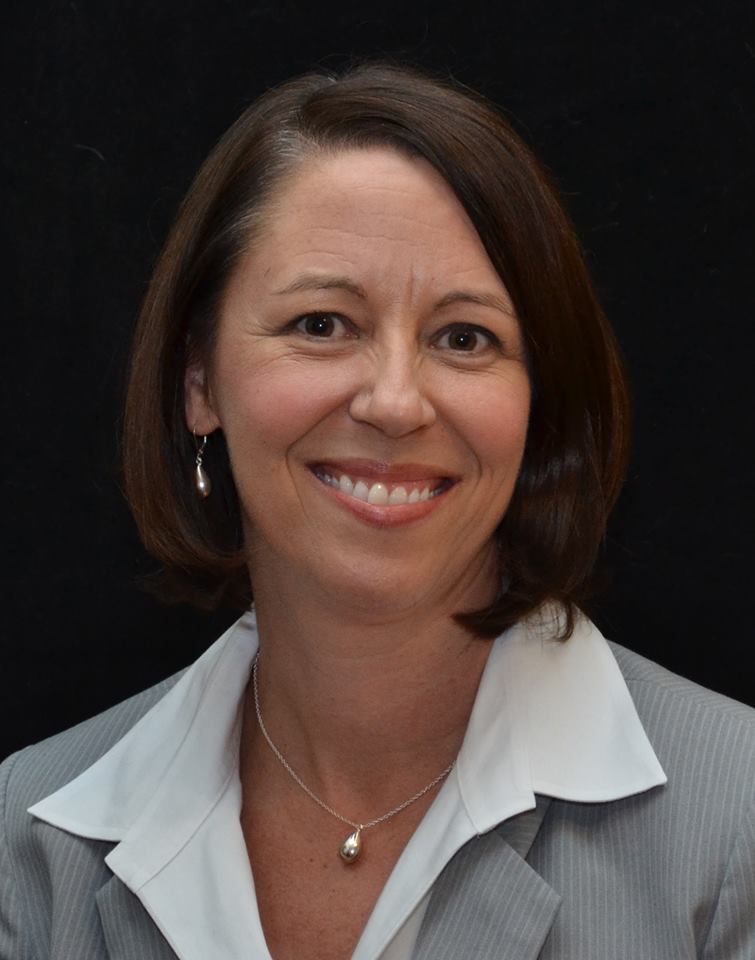An Inspired Strategic Plan
Published by: WCET | 7/17/2019
Tags: Collaboration/Community, Consortia, Distance Education, Innovation, System/Consortia, Virtual/Augmented Reality
Published by: WCET | 7/17/2019
Tags: Collaboration/Community, Consortia, Distance Education, Innovation, System/Consortia, Virtual/Augmented Reality
Welcome to Judith Sebesta Executive Director of the newly minted Digital Higher Education Consortium of Texas, who is here today for a followup to her post a few months ago. Today’s post discusses the strategic planning process for the former Virtual College of Texas and introduces the new updates to the consortium. Judith also offers great advice should you and your institution begin a strategic planning process. Thank you, Judith, for today’s post!
– Lindsey Downs, WCET
In my April 19th post Finding Inspiration for Strategic Planning, I outlined the beginning of a strategic planning process for the digital education consortium that I lead, the Virtual College of Texas (VCT). Although founded over twenty years ago, VCT has never, to my knowledge, developed a strategic plan, and when I came on board in January of this year, developing one was my first priority.
Fortunately, I was able to engage Dr. Van Davis (currently serving as Policy and Planning Consultant for WCET) to lead our planning process. As outlined in my previous post, by May that process had involved:

Forming the Council may be one of the best decisions I have made so far in my role leading VCT (well, except for hiring Van). During our strategic planning workshop, this group of fifteen college leaders from across the state were engaged, dynamic, knowledgeable contributors, even when Van, who facilitated the workshop, pushed them out of their (likely) comfort zones.
The day ended with a much clearer vision and values for our future. This group demonstrated a willingness to think outside the box, and considering that several Council members have been involved in VCT since its inception, I found that remarkable and gratifying!
Building on the vision and values, Van was able to distill all stakeholder feedback into a mission, goals, and strategies, and together we developed key performance indicators for the next five years. The strategies are ambitious and will require expansion of both staff and revenue streams, but I think they will help support a more sustainable future for VCT.
The plan necessitates a new name for VCT as well: Digital Higher Education Consortium of Texas (or DigiTex). The name “Virtual College of Texas” has caused considerable confusion, as students assume we are an accredited college offering classes, and colleges sometimes assume we are a competitor, and we are neither. The new name – particularly the term “consortium” – signals the collaborative nature of what we do, hopefully made clear in our new mission statement:
The Digital Higher Education Consortium of Texas assists Texas community colleges in providing learners an education without barriers through high quality digital educational opportunities, resources, and services that help students succeed. DHECT does this by functioning as a consortium that:
Among other initiatives, we will be focusing on supporting our members’ work in the area of open educational resources (OER), and we plan to continue supporting inter-institutional course sharing, exploring a P3 (public/private partnership) to do so more effectively and efficiently. We hope to expand our Texas Quality Matters Consortium and to continue participation in the WCET/State Authorization Network (a great resource for our members). Improved data collection and analyses of the services that we offer, as well as enhanced marketing of those services, and diversification of funding streams, also are priorities.
Of course, a strategic plan never should be considered “done”; it needs to be a work-in-progress, not a static document. Although our mission, vision, values and four goals likely will remain the same for the next five years, the strategies to fulfill them – and the KPI to measure their success – need to be re-evaluated periodically. I hope to harness the great minds of my Advisory Council to help keep us on track.
If you are considering creating a strategic plan, or even revising one, I offer this advice based on our experience:

Change management is difficult. Since we are a state-funded entity, I feel a sense of urgency to prove increased efficiency and effectiveness before the next legislative biennium in 2021.
This urgency requires bold action to take DigiTex “to infinity and beyond” (to extend the Toy Story metaphor from my previous post). Working in partnership with our member institutions, I believe we can fulfill our new tagline: “Ensuring Equity through Collaboration.”

Judith Sebesta, Ph.D.
Executive Director
Digital Higher Education Consortium of Texas
(formerly Virtual College of Texas)

1 reply on “An Inspired Strategic Plan”
[…] some context: as some of you may have read in previous posts here on Frontiers (April 19, 2019; July 17, 2019), DigiTex (formerly the Virtual College of Texas) recently underwent an extensive strategic […]